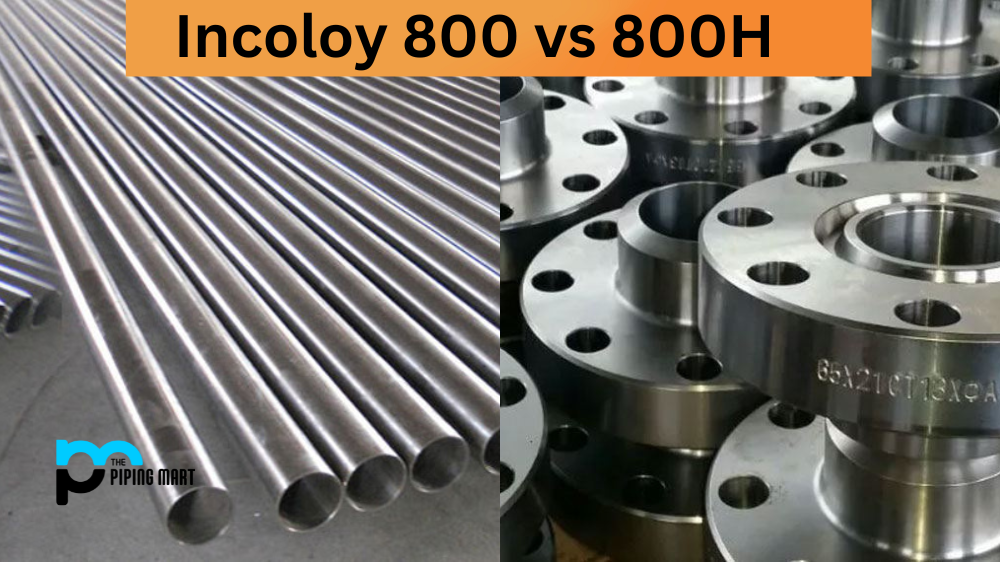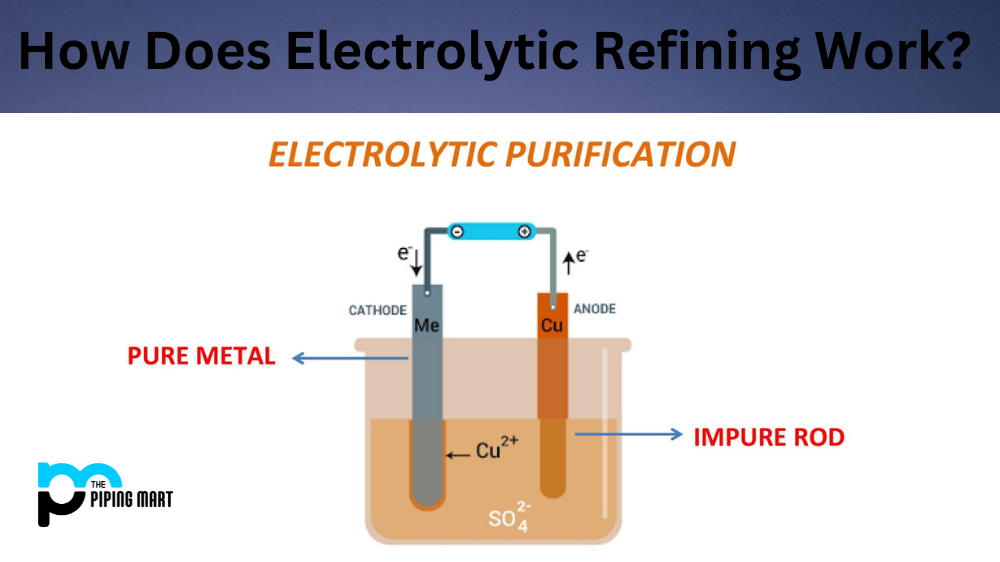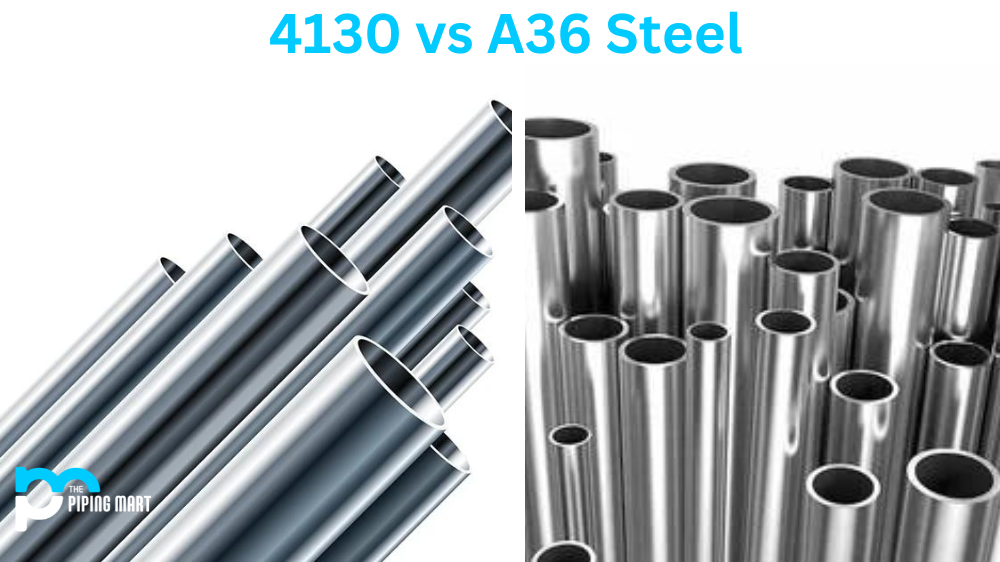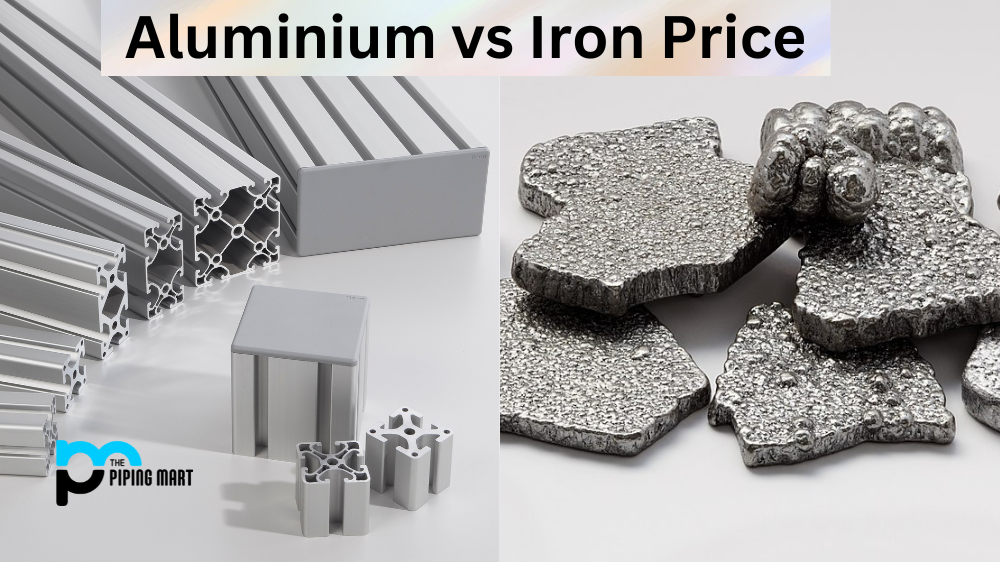Incoloy 800H and 800HT are high-performance alloys with exceptional mechanical and chemical properties. However, they are different in terms of their composition, physical properties, and recommended applications. In this blog post, we will explore the similarities and differences between incoloy 800H and 800HT, so you can make an informed decision when selecting the best alloy for your project.
Difference Between Incoloy 800H and 800HT
Composition
Incoloy 800H and 800HT are nickel-iron-chromium alloys primarily used in high-temperature applications such as furnace components, heat exchangers, and petrochemical processing. The primary difference between the two is the amount of carbon they contain. Incoloy 800H has a carbon content of 0.05-0.1%, while incoloy 800HT contains 0.6-0.1% carbon. The higher carbon content in 800HT imparts greater strength at high temperatures.
Physical Properties
Another key difference between incoloy 800H and 800HT is their physical properties. Incoloy 800H has a maximum operating temperature of 1100°C (2010°F), while 800HT has a recommended maximum operating temperature of 1200°C (2190°F). Moreover, Incoloy 800H is more corrosion-resistant under reducing conditions, while incoloy 800HT has better oxidation resistance in high-temperature environments.
Mechanical Properties
Regarding mechanical properties, incoloy 800HT has higher tensile and yield strength than 800H. The higher carbon content in 800HT results in the formation of intermetallic phases, which contribute to the increased strength of the alloy at high temperatures. Additionally, incoloy 800HT has better thermal fatigue and creep deformation resistance, making it ideal for critical applications.
Similarities
Despite their differences, incoloy 800H and 800HT share several similar properties. Both alloys resist oxidation, carburization, and sulfidation in high-temperature environments. They are highly corrosion-resistant in aqueous environments, including chloride-induced stress corrosion cracking. Moreover, both alloys exhibit good weldability and formability, making them easy to machine and fabricate.
Conclusion
In conclusion, incoloy 800H and 800HT are high-performance alloys with distinct characteristics. Incoloy 800H is ideal for applications where moderate high-temperature resistance is required, and corrosion resistance is essential. At the same time, incoloy 800HT is recommended for use in high-temperature environments that require exceptional strength, thermal fatigue resistance, and creep resistance. When selecting the right alloy for your project, it’s crucial to consider each alloy’s composition, physical properties, and intended use to make an informed decision. We hope this blog post has provided valuable insights into the differences between incoloy 800H and 800HT.
Rachana is a dedicated and ambitious young woman who has made a name for herself in the metal industry. From her earliest days in the industry, Rachana showed a natural talent for problem-solving and a keen eye for detail. In her free time, She enjoys reading up on the latest advancements in the industry, as well as exploring new ways to innovate and improve upon existing processes.




